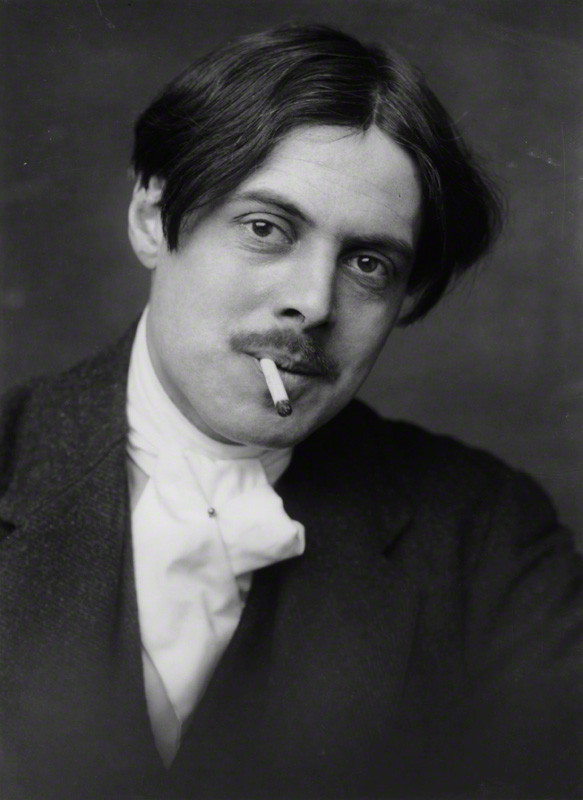Wyndham Lewis: Citations en anglais
“Certainly Mr Eliot in the twenties was responsible for a great vogue for verse-satire.”
Notes to Kenneth Allott, as quoted in Contemporary Verse (1948) edited by Kenneth Allott<!-- Penguin, London -->
Contexte: Certainly Mr Eliot in the twenties was responsible for a great vogue for verse-satire. An ideal formula of ironic, gently "satiric", self-expression was provided by that master for the undergraduate underworld, tired and thirsty for poetic fame in a small way. The results of Mr Eliot are not Mr Eliot himself: but satire with him has been the painted smile of the clown. Habits of expression ensuing from mannerism are, as a fact, remote from the central function of satire. In its essence the purpose of satire — whether verse or prose — is aggression. (When whimsical, sentimental, or "poetic" it is a sort of bastard humour.) Satire has a great big glaring target. If successful, it blasts a great big hole in the center. Directness there must be and singleness of aim: it is all aim, all trajectory.
Notes to Kenneth Allott, as quoted in Contemporary Verse (1948) edited by Kenneth Allott<!-- Penguin, London -->
Contexte: Certainly Mr Eliot in the twenties was responsible for a great vogue for verse-satire. An ideal formula of ironic, gently "satiric", self-expression was provided by that master for the undergraduate underworld, tired and thirsty for poetic fame in a small way. The results of Mr Eliot are not Mr Eliot himself: but satire with him has been the painted smile of the clown. Habits of expression ensuing from mannerism are, as a fact, remote from the central function of satire. In its essence the purpose of satire — whether verse or prose — is aggression. (When whimsical, sentimental, or "poetic" it is a sort of bastard humour.) Satire has a great big glaring target. If successful, it blasts a great big hole in the center. Directness there must be and singleness of aim: it is all aim, all trajectory.
America and Cosmic Man (New York: Doubleday, [1948] 1949) p. 21.
The Hitler Cult (Dent, 1949)
"The Great God Flux".
Source: The Art of Being Ruled (1926), p. 336
Blasting and Bombardiering (London: Eyre & Spottiswoode, 1937) p. 12.
"Inferior Religions" (1917), cited from Lawrence Rainey (ed.) Modernism: An Anthology (Oxford: Blackwell, 2005) pp. 208-9.
The Jews, are they human? 1939, p. 68.
"Call Yourself a Man!"
The Art of Being Ruled (1926)
"Beyond Action and Reaction".
The Art of Being Ruled (1926)
"The Great God Flux".
The Art of Being Ruled (1926)
"The Family and Feminism".
The Art of Being Ruled (1926)
"'Promise' as an Institution", in The Doom of Youth (London: Chatto & Windus, 1932).
British Union Quarterly, 1937.
